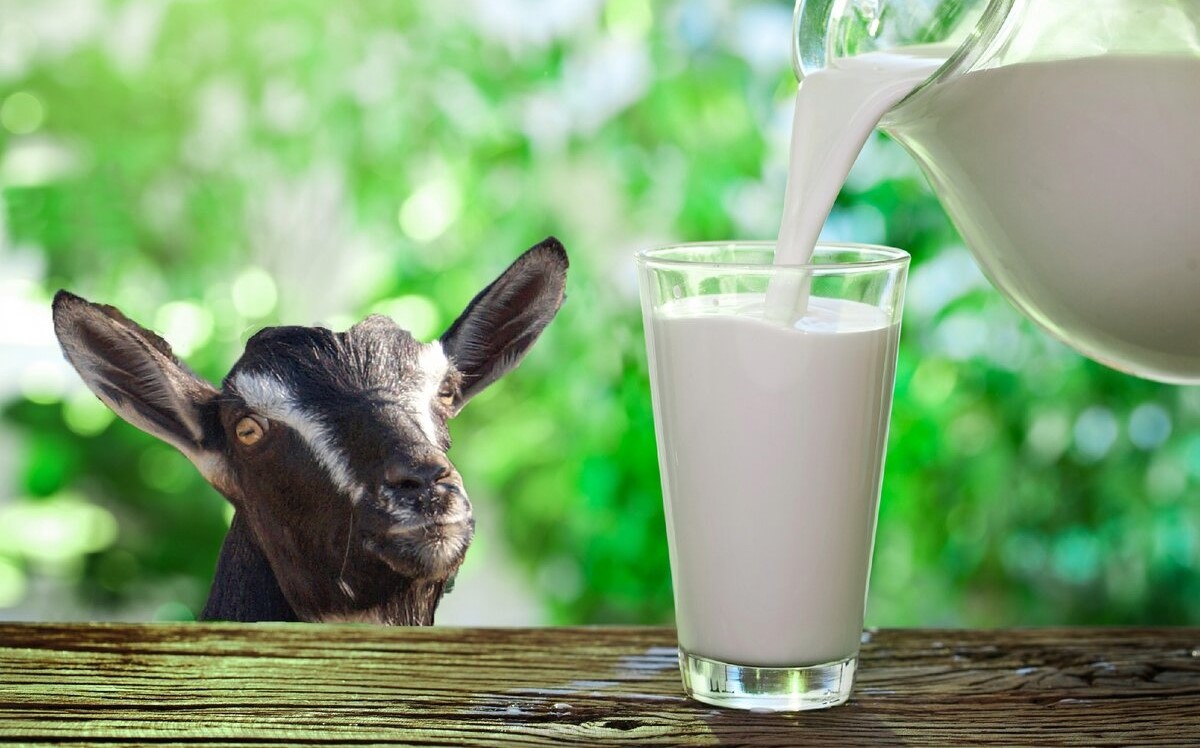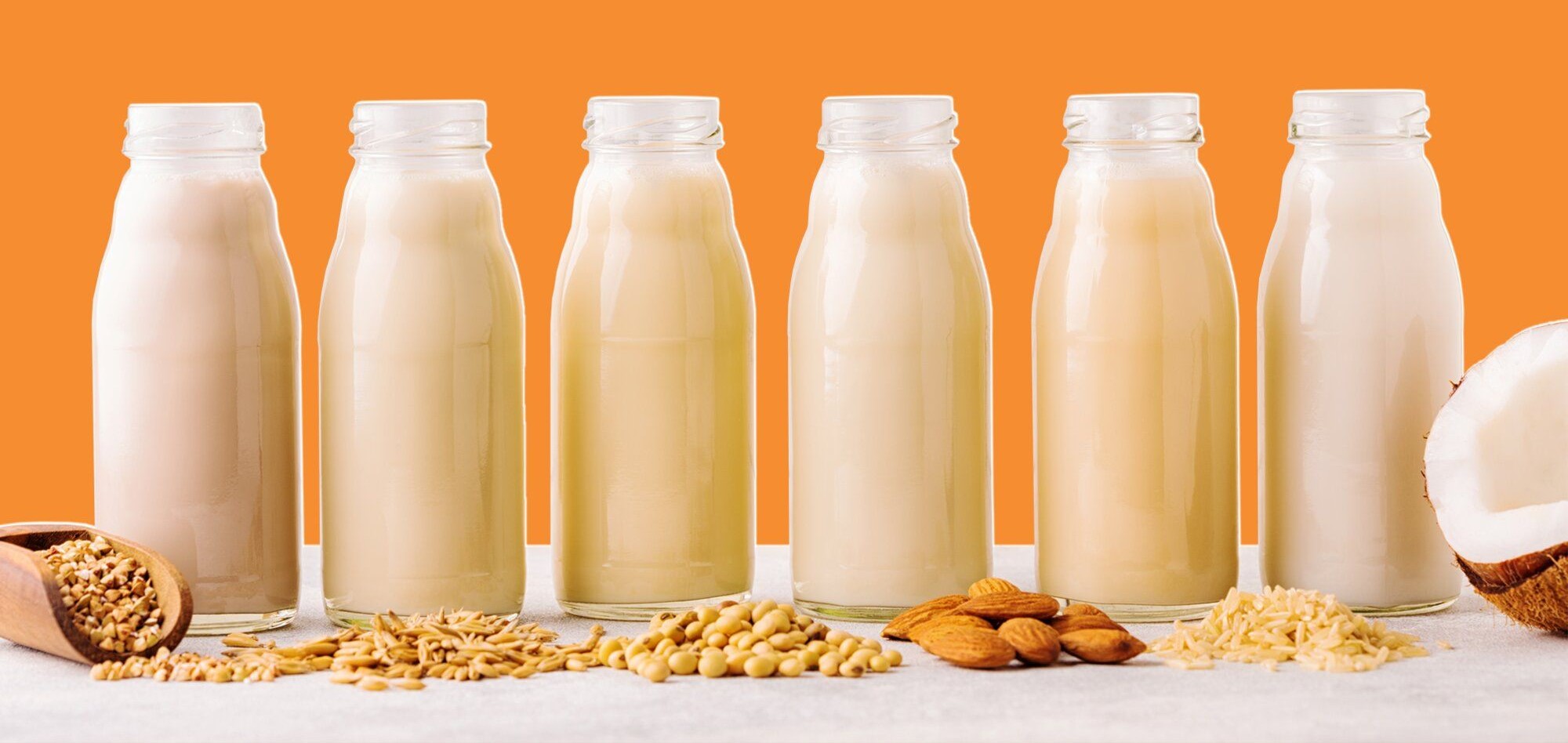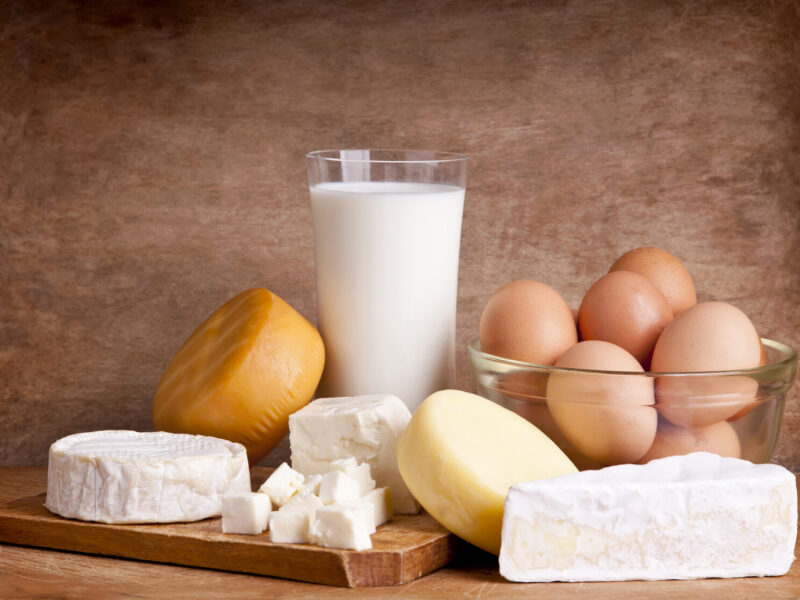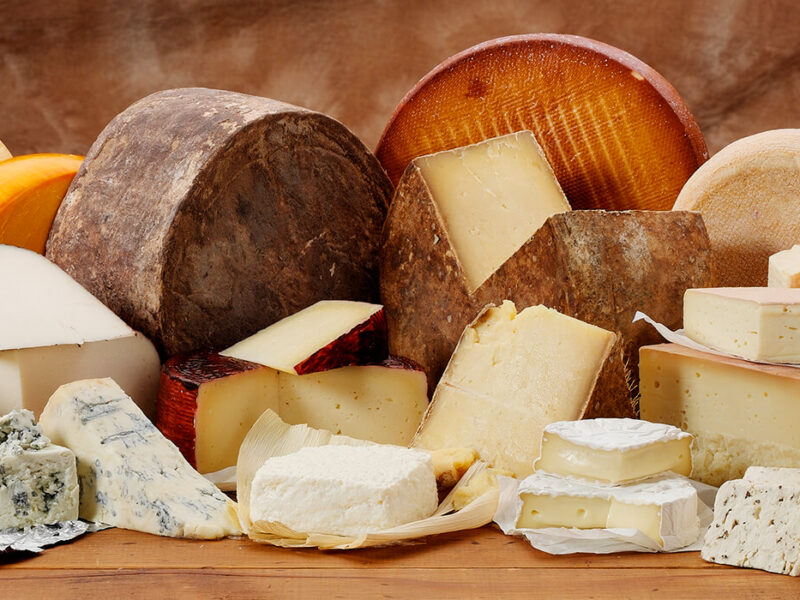
Dairy Milk: Alternatives and Health Impact
Dairy milk has long been a dietary staple, rich in essential nutrients like calcium and vitamin D. However, with growing concerns about lactose intolerance, environmental impact, and dietary preferences, milk alternatives have gained significant popularity. From plant-based options to other animal-derived alternatives, the market is now flooded with choices that cater to various health needs and ethical considerations. But how do these alternatives stack up against traditional cow’s milk?
Cow’s Milk: Nutritional Profile and Benefits
Cow’s milk has been the gold standard for dairy products, thanks to its comprehensive nutritional profile. A single cup provides approximately 8 grams of protein, essential fatty acids, and a significant portion of the daily recommended intake of calcium and vitamin D. The high bioavailability of these nutrients makes cow’s milk an excellent source for bone health and overall nutrition.

Health Benefits of Cow’s Milk
Bone Strength: High calcium and vitamin D content support bone density and reduce the risk of osteoporosis.
Muscle Growth: Rich in complete protein, cow’s milk is beneficial for muscle repair and growth.
Heart Health: Despite concerns about saturated fat, recent studies suggest that dairy fat may be neutral or even beneficial for heart health when consumed in moderation.
Common Concerns
Lactose intolerance affects a significant portion of the global population, causing digestive discomfort when consuming cow’s milk. Additionally, concerns about the environmental impact of dairy farming and the treatment of animals have led many to seek alternatives.
Soy Milk: The Plant-Based Protein Powerhouse
Soy milk stands out as a plant-based alternative that closely mimics the nutritional profile of cow’s milk. It offers around 7 grams of protein per cup, making it a viable option for those looking to maintain protein intake on a plant-based diet.

Benefits of Soy Milk
Protein Content: Comparable to cow’s milk, making it ideal for vegetarians and vegans.
Cholesterol-Free: Soy milk is naturally free of cholesterol and low in saturated fat.
Rich in Isoflavones: These compounds may help in reducing the risk of heart disease and certain cancers.
Potential Drawbacks
Some individuals may experience allergic reactions to soy, and there are concerns about the phytoestrogens in soy potentially affecting hormone levels, although research in this area is ongoing.
Almond Milk: Low-Calorie Option with Vitamin E
Almond milk is a popular choice for those seeking a low-calorie alternative to dairy milk. It is naturally rich in vitamin E, an antioxidant that supports skin health and the immune system.
Nutritional Content
Low in Calories: A cup of almond milk typically contains 30-50 calories, making it suitable for weight management.
High in Vitamin E: Provides over 50% of the recommended daily intake of vitamin E.
Environmental Impact
Almond farming requires significant water resources, particularly in regions prone to drought, raising concerns about its sustainability.
Oat Milk: The Creamy, Fiber-Rich Alternative
Oat milk has gained popularity for its creamy texture and slightly sweet flavor, making it a favorite for coffee and smoothies. It is also a good source of dietary fiber, particularly beta-glucan, which supports heart health.
Nutritional Benefits
Fiber Content: Oat milk is rich in beta-glucan, a type of soluble fiber that can help lower cholesterol levels.
Sustainability: Oats require less water than almonds, making oat milk a more environmentally friendly option.
Gluten Sensitivity
While oats are naturally gluten-free, cross-contamination in processing can be a concern for those with celiac disease or gluten sensitivity. Opt for certified gluten-free oat milk if necessary.
Coconut Milk: Tropical Flavor with Unique Fats
Coconut milk is known for its rich, tropical flavor and high-fat content, primarily from medium-chain triglycerides (MCTs). These fats are metabolized differently from other fats, providing a quick source of energy.
Nutritional Aspects
MCTs: These fats are quickly absorbed and used by the body, potentially aiding in weight management and energy levels.
Low in Protein: Coconut milk contains minimal protein, making it less suitable as a primary protein source.
Uses in Cooking
Coconut milk is a versatile ingredient, commonly used in Asian and Caribbean cuisines, as well as in dairy-free desserts.
Rice Milk: Allergy-Friendly but Low in Protein
Rice milk is often recommended for individuals with multiple food allergies, as it is free from dairy, soy, nuts, and gluten. However, it is relatively low in protein and other essential nutrients.
Nutritional Profile
Low in Protein: Rice milk contains about 1 gram of protein per cup, significantly less than cow’s or soy milk.
Carbohydrate-Rich: It is higher in carbohydrates, which can be a consideration for those monitoring their blood sugar levels.
Benefits for Allergy Sufferers
Rice milk is one of the most hypoallergenic milk alternatives, making it suitable for people with multiple dietary restrictions.
Goat’s Milk: Easier to Digest for Some
Goat’s milk is often recommended for those who find cow’s milk difficult to digest. It has a similar nutrient profile but is easier on the stomach due to its lower lactose content and smaller fat globules.

Nutritional Breakdown
Higher in Certain Nutrients: Goat’s milk contains more vitamin A, potassium, and magnesium than cow’s milk.
Digestibility: Many people find goat’s milk easier to digest, making it a popular alternative for infants and those with lactose intolerance.
Who Benefits from Goat’s Milk?
Goat’s milk is a good option for those with mild lactose intolerance or cow’s milk protein allergy. It also has a slightly tangy flavor that some people prefer.
Cashew Milk: Creamy Texture with Heart-Healthy Fats
Cashew milk is beloved for its creamy texture, which makes it a great addition to coffee, soups, and sauces. It is rich in heart-healthy unsaturated fats and low in calories.
Nutritional Benefits
Healthy Fats: Cashew milk provides monounsaturated fats, which support heart health.
Low in Calories: It is lower in calories than dairy milk, with around 25-50 calories per cup.
Best Uses
Cashew milk’s creamy consistency makes it ideal for adding richness to dishes without the extra calories or dairy.
Pea Milk: High Protein, Low Environmental Impact
Pea milk is one of the newer entrants to the plant-based milk market, offering a high protein content comparable to soy milk but with a lower environmental impact.
Nutritional Benefits
High in Protein: Pea milk offers around 8 grams of protein per cup, similar to cow’s milk.
Sustainability: Peas require less water and land to grow, making pea milk one of the most eco-friendly alternatives available.
Taste and Texture
Pea milk has a mild flavor and a creamy texture, making it versatile for various culinary uses. It is also free from common allergens like soy and nuts.
Comparing Milk Alternatives: Nutrition and Taste
When choosing a milk alternative, it’s essential to consider both nutrition and taste. While some options like soy and pea milk provide similar protein levels to cow’s milk, others like almond and rice milk are lower in protein but may offer other benefits, such as lower calories or allergy-friendliness.

Taste Preferences
Soy Milk: Slightly beany flavor, creamy texture.
Almond Milk: Mild, nutty flavor, thinner consistency.
Oat Milk: Naturally sweet, creamy.
Coconut Milk: Rich, tropical flavor.
Rice Milk: Sweet, watery consistency.
Goat’s Milk: Slightly tangy, similar to cow’s milk but creamier.
Cashew Milk: Rich, buttery flavor.
Pea Milk: Mild, slightly sweet, creamy.
Nutritional Trade-offs
High Protein: Soy, Pea
Low Calorie: Almond, Cashew
High Fat: Coconut, Cashew
Allergy-Friendly: Rice, Pea
Health Impact of Milk Alternatives
Milk alternatives can offer numerous health benefits, particularly for those with dietary restrictions or specific health goals. However, it’s important to be aware of potential drawbacks, such as lower protein content or the presence of added sugars in some commercially available products.
Benefits for Specific Dietary Needs
Lactose Intolerance: Plant-based milks like soy, almond, and oat are excellent options for those who are lactose intolerant.
Heart Health: Almond and cashew milk are low in saturated fat and rich in heart-healthy fats.
Weight Management: Low-calorie options like almond and cashew milk can support weight management efforts.
Potential Health Concerns
Added Sugars: Some milk alternatives contain added sugars, which can contribute to weight gain and other health issues.
Nutrient Fortification: Many milk alternatives are fortified with vitamins and minerals to match the nutritional profile of cow’s milk, but not all are, so it’s important to read labels.
Environmental Considerations
The environmental impact of milk production is a growing concern. Dairy farming is resource-intensive, requiring large amounts of water, land, and feed, and it contributes significantly to greenhouse gas emissions. In contrast, plant-based milks generally have a lower environmental footprint, though the impact varies between different types.
Impact of Dairy vs. Plant-Based Milk
Water and Land Use: Dairy milk requires significantly more water and land than most plant-based alternatives, with the exception of almond milk.
Carbon Footprint: Dairy milk has a higher carbon footprint due to methane emissions from cows. Pea milk and oat milk are among the lowest in terms of greenhouse gas emissions.
Choosing the Right Milk for Your Needs
Selecting the best milk or milk alternative depends on your personal dietary needs, taste preferences, and environmental values. If you’re looking for a high-protein, plant-based option, soy or pea milk might be your best bet. For those focused on reducing calories, almond or cashew milk could be the ideal choice. Meanwhile, oat and coconut milk offer unique flavors and textures that can enhance a variety of dishes.
Personal Dietary Needs
Consider factors like protein intake, calorie content, and specific nutrient requirements when choosing a milk alternative.
Flavor Preferences
Taste is subjective, so it’s worth trying different types of milk to see which one you prefer.
Environmental Considerations
If sustainability is a priority, opt for plant-based milks like pea or oat milk, which have a lower environmental impact.
Conclusion
The choice between cow’s milk and milk alternatives depends on a variety of factors, including nutritional needs, taste preferences, and environmental concerns. Whether you’re looking for a high-protein option, a low-calorie beverage, or something that aligns with your ethical values, there’s a milk out there for you. Explore the options and choose the one that best fits your lifestyle and health goals.
FAQs
- What is the healthiest milk alternative?Soy milk is often considered the healthiest due to its high protein content and balanced nutritional profile.
- Is plant-based milk better for the environment?Generally, yes. Plant-based milks like pea and oat milk have a lower environmental impact than dairy milk.
- Can I get enough calcium from milk alternatives?Yes, many milk alternatives are fortified with calcium and vitamin D to match the nutritional benefits of cow’s milk.
- How does the protein content of milk alternatives compare?Soy and pea milk have protein levels comparable to cow’s milk, while almond and rice milk are lower in protein.
- Which milk is best for people with allergies?Rice milk and pea milk are great options for those with multiple food allergies, as they are free from dairy, soy, nuts, and gluten.




